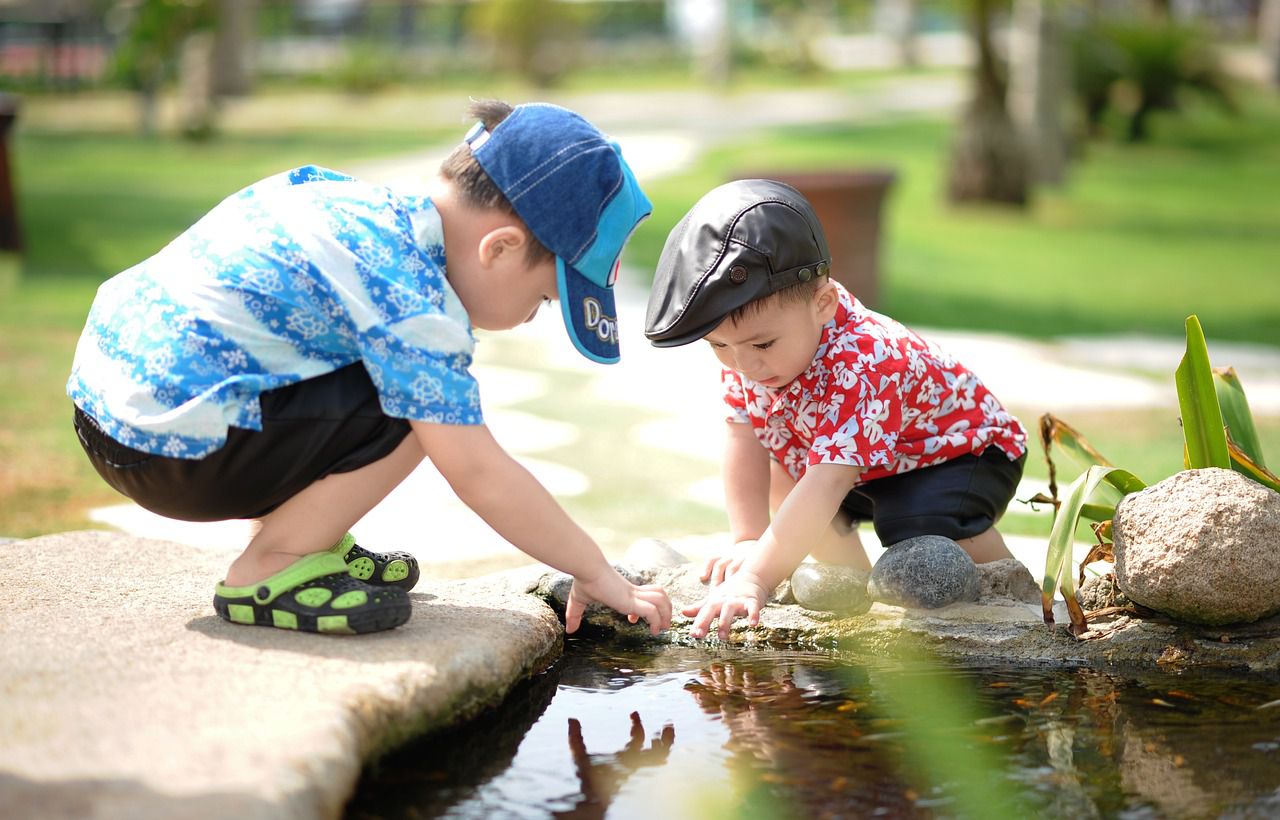Pretend play, often seen as a huge part of child development, has been linked to various skills that can help children in the future.
It might be even more beneficial to children's development than we thought.
Let's find out more!

Not just games
Traditionally, research focused on verbal infants engaging in make-believe activities.
However, a new study by the University of Portsmouth and Lund University has uncovered connections between pretence and a child's early playful interactions, including clowning and also teasing.
The study suggests that before children become directors of imaginary worlds, they start with small acts of being actors, engaging in unconventional behaviors to capture the attention of other individuals.
The authors argue that pretence should be considered an interpersonal developmental process rather than solely a cognitive one, highlighting its early emergence in infancy.
Observational evidence suggests that infants of 8 months old engage in early forms of pretence, such as pretending to give an object to someone and then withdrawing it.
It can help us better understand how kids develop
The study calls for further exploration of early forms of pretence and emphasizes the role of caregiver-infant interactions in encouraging and supporting pretend play from a young age.
By recognizing the significance of early interactions, such as parents reading stories with character voices or playing peek-a-boo, children can be encouraged to engage in pretend play from the earliest days of their lives.












